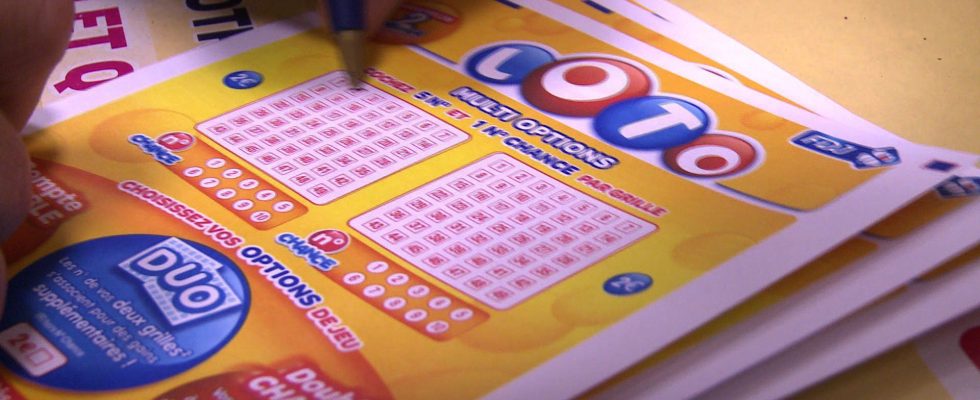The only reasonable gain that one is certain to obtain by playing a lottery is the time of daydreaming which precedes a drawing which is, mathematically, always unfavorable. What would I do with such a sum if I won? Most often, we imagine changing our lives. However, for the dream to be possible, the jackpot must be incredible. A thousand euros is not enough, but 10 million, 100 million euros? Our mind always has enough imagination to know how it would be used and not enough skill to understand that the probabilities of success are so low as to border on the impossible. Recently, however, the deceptive dream of lotteries tends to be transformed into new offers.
Thus, games are multiplying which offer to win the lucky one, rather than a prodigious sum, a monthly salary… for life, or almost. For the new game from Française des Jeux called EuroDreams, for example, it is no longer a question of winning hundreds of millions of euros but 20,000 euros per month for thirty years. Or more than 7 million euros. A mutation of the dream which undoubtedly says a lot about the need for security of our fellow citizens. The huge jackpot is transformed into an investment for the father of the family. Dream yes, but dream “comfort”. Moreover, the person who wins prize no. 2 must be satisfied with 2000 euros for five years… It is no longer quite the same “dream”.
But why not ? Doesn’t this way of obtaining your winnings gradually represent a form of security for players? Doesn’t it offer them the opportunity to manage their wealth more rationally? The problem is that this new proposition of artificial dreams relies on the sometimes wobbly functioning of our brain.
The first, obvious reason is that it is much preferable for Française des jeux to pay a sum over thirty years rather than paying it all at once… particularly in times of inflation. If, for example, a player had won in the year 2000 at EuroDreams, he would have to be paid, in constant euros, not 20,000 euros but around 29,000 euros per month in 2024 for the initial promise to be kept fairly.
St. Petersburg paradox
There is something even more pernicious. This mutation of the dream is opportunely molded on a curiosity of our mind which was spotted for the first time in the 18th century by the Swiss mathematician Daniel Bernoulli in his text Specimen theory novae of measurement. Without going into the detail of what has been called the resolution of the “Saint Petersburg paradox”, let us remember that Bernoulli showed that the satisfaction attached to obtaining a gain is not proportional to it but follows a curve logarithmic type.
To put it simply: if you win 1 million euros in the lottery, you will be happy, but if you win 3 million, you will not be three times happier. Psychological contentment fades marginally as the amount won increases. Another way of putting it – and to get closer to our subject – is that winning 1 million three times will represent a subjective gain greater than winning 3 million in one go. To achieve a misleading psychological benefit, you will always want to present gains as the sum of its parts rather than as a whole. And this is how lottery dream catchers manipulate our credulity with promises of lifetime salaries.
It would not be so sad if the main victims were not predominantly low-income individuals, with in particular, studies show, an over-representation of the unemployed. Gambling causes forms of addiction which sometimes lead to suicide or the destruction of entire families. And, here too, the figures are relentless and indicate that these addictions are strongly correlated with social status. There is no need to look very far for the reasons for the damage caused by games of chance on the most modest categories. Gambling obviously offers an escape from unsatisfactory economic conditions. Every croupier knows how to live at the expense of the dreamer with empty or almost empty pockets.
Gérald Bronner is a sociologist and professor at La Sorbonne University.
.
